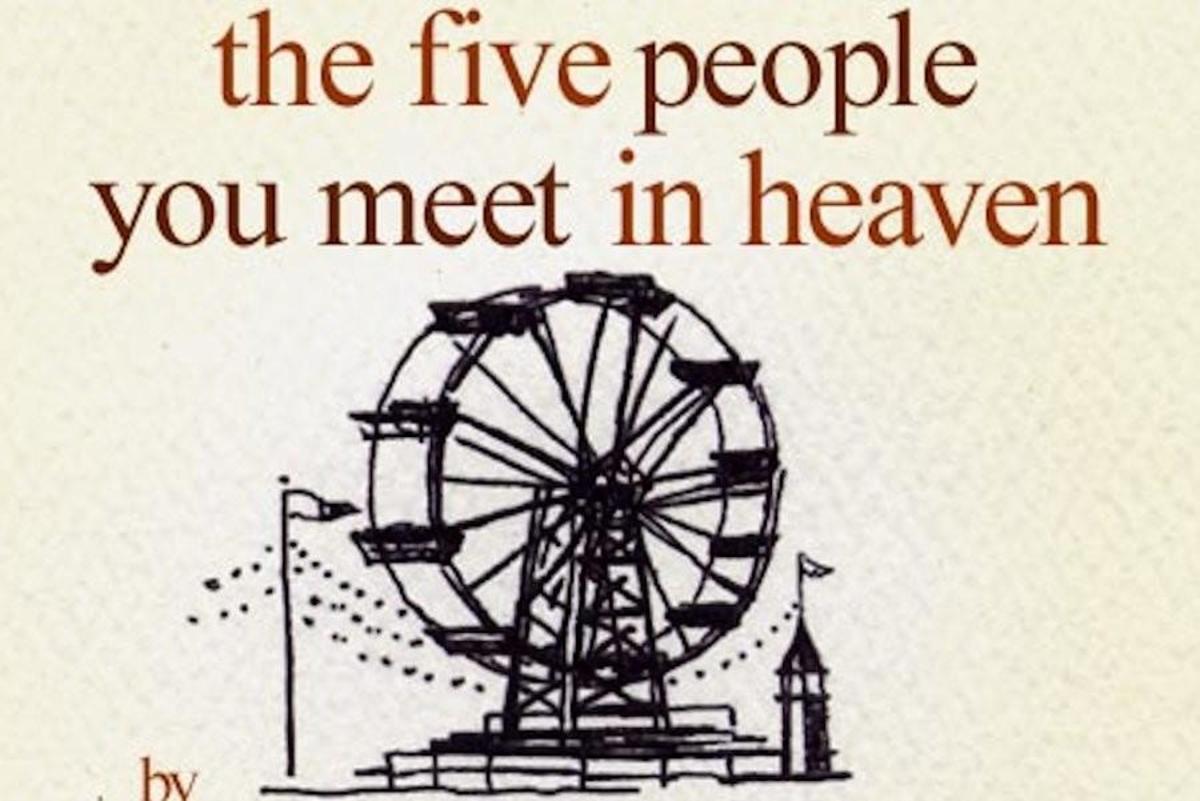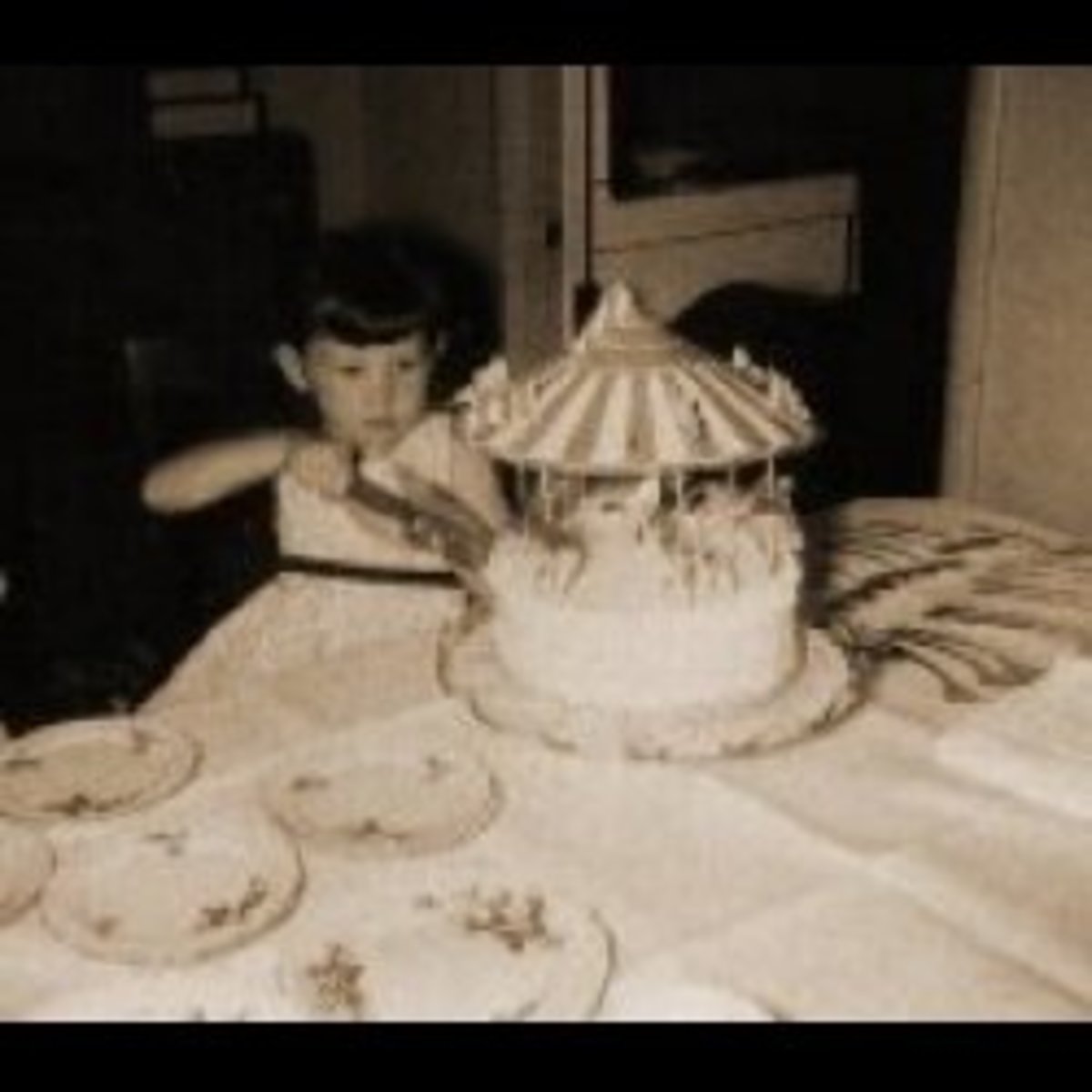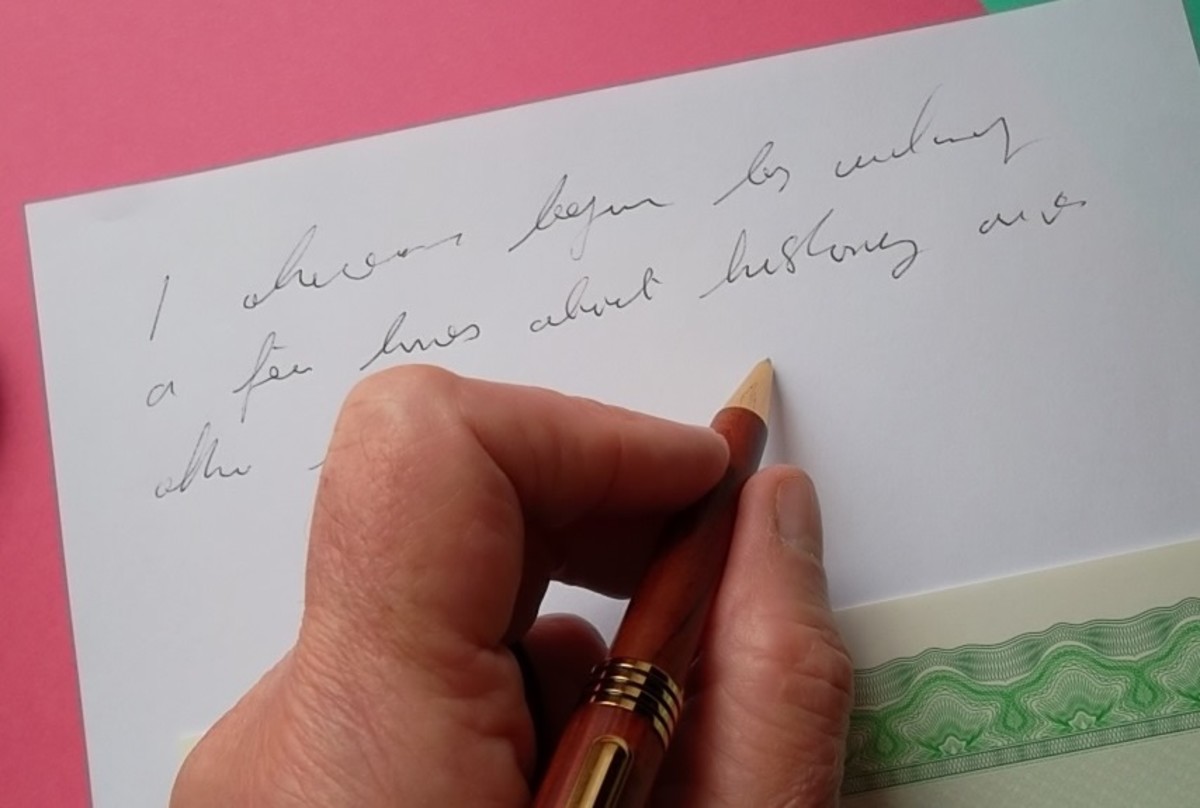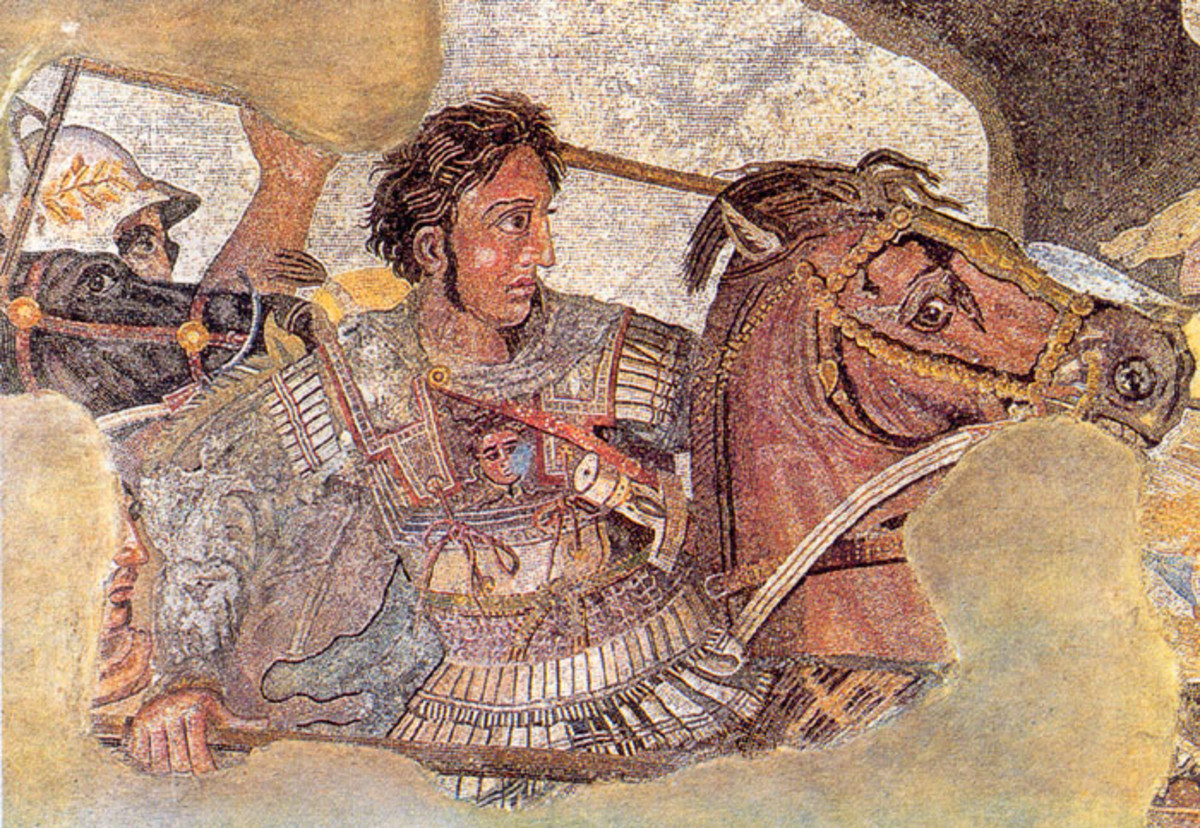- HubPages»
- Books, Literature, and Writing»
- Books & Novels»
- Nonfiction
Drugs, Promiscuity And Native American Heritage: 5 Memoirs, Non-Fiction Books Proven To Be Untrue

Would you read an author's follow-up book if you learned their memoir was a hoax?
One of the reasons we love to read memoirs is it gives us the ability to look inside the mind of another person who has experienced something we want to understand more completely. The style of writing lends itself to an insider's look at what are often troubled, intriguing or eventful lives.
So when a memoir is proven false or recanted by the author, it leaves behind a void that, at the very least, is disappointing. Some readers chalk up the process to creative liberty while others boycott the writer
These five books sold well when first published under the guise of non-fiction and here is how the truth about the books was uncovered.
The Boy Who Came Back From Heaven by Alex Malarkey
I remember when my young daughter read Heaven Is for Real, it just did not seem plausible to me that a publisher would take a chance with such a dicey proposition -- that is publish the story of a very young child (4 years old) who said he went to heaven in a near-death experience.
But the boy, Colton Burpo, is sticking to his story while Alex Malarkey, the author of a similar book, The Boy Who Came Back From Heaven, is admitting he made the whole thing up.
… Alex, now 16, revealed that the detail in the book was false. “I said I went to heaven because I thought it would get me attention,” he wrote on his own blog. “I did not die. I did not go to heaven. When I made the claims, I had never read the Bible. People have profited from lies, and continue to. They should read the Bible, which is enough,” Alex wrote.
Alex was six when a near-death experience left him a quadriplegic and he was coaxed into expanding his initial story about going to heaven and seeing angels and Jesus, his mother admits. To right the wrong, though, she spent more than two years trying to get word out that the story was fabricated.
When the Christian book publisher finally pulled the book from shelves last week, it had already sold more than one million copies.
A Million Little Pieces by Stephen Frey
It was a book that even tricked Oprah Winfrey. In fact, she brought the author, Stephen Frey, back on her show to confront him after learning the book was a piece of fiction and not a memoir as advertised.
The book was published in 2003 and enjoyed modest sales, but it became the second bestselling title of 2005 (topped only by Harry Potter and the Half-Blood Prince) after Oprah included A Million Little Pieces as a book club pick in September 2005.
When she brought Frey back onto her show four months later in January, 2006, she told Frey,
"It is difficult for me to talk to you because I really feel duped ... but more importantly I feel that you betrayed millions of readers."
Frey's non-truths and inaccuracies were uncovered in a January 8, 2006 Smoking Gun Web site report which alleged Frey, "embellished, and even invented, some of his material." On the Oprah Show, Frey admitted he exaggerated his jail time and altered how the character Lily killed herself among other discrepancies.
Go Ask Alice by Anonymous
Written anonymously and published in 1971, the book -- a cautionary tale -- was a hit and created quite the stir because it was marketed as the diary of a troubled teen. The teen was a girl dealing with drugs, like LSD, and promiscuous sex. In fact, when initially published, the story opened with an editor's note advising the reader that the book is an actual diary of a 15-year-old drug user, and since it was true, the names and events were altered to protect the identity of the family.
It wasn't long, though, before cracks started to appear in the story and by the mid-1980s, publishers had reclassified the work as fiction.
In Snopes investigation of the book, the site points out that even the style of the book does not coincide with the manner in which a teen girl would write.
Girls of that age do not write the way the journal entries of Go Ask Alice are penned — both in terms of structure and content, it fails the adolescent test. For example, our doomed teen goes on for more than four pages about her first LSD experience, describing what happened and how, yet diary entries dealing with her broken heart over the loss of her one true love are given only two short paragraphs, the site reported.
Education of Little Tree by Forrest Carter
I'll admit when I learned this one was fake, I was disappointed. I read this book in my late teens or early 20s and loved the book's rhythm, humor and style. It felt like I had been given a glimpse inside the life of a Cherokee family from the Appalachian region -- and since my grandparents are from Appalachia, I felt a kinship to Little Tree and his grandparents.
But alas, it turns out it was all a work of fiction, but that isn't even the interesting part of the controversy.
Apparently the author, Forrest Carter, was really Asa Earl Carter and as NPR points out in a 2012 piece, just 30 years before Carter penned the book, he was actively involved in white supremacy activities.
…Asa Earl Carter was a Ku Klux Klan organizer, a rabid segregationist and a talk show host who expounded on the dangers of integration. In 1963, he drafted an inaugural address for Alabama Gov. George Wallace that would become one of the most notorious speeches of the civil rights era.
Other descrepancies were in the Cherokee words Carter used throughout the book -- none were real Cherokee phrases, instead just words Carter fabricated.
The book has sold more than a million copies and is currently in print although it is now classified as fiction. Forrest Carter died in 1979 and is buried in Alabama. His tombstone reads, "Asa Earl Carter."
Roots: The Saga of an American Family by Alex Haley
Another favorite childhood story, and I still remember watching the TV mini-series at my grandmother's home. I even purchased a poster of Kunta Kinte for my bedroom wall. Author Alex Haley, who had previously written The Autobiography of Malcolm X with Malcom X received the Pulitzer Prize for the work.
Roots is billed as the autobiography of Haley's forefather's slave heritage and opens powerfully with the story of Kunta Kinte's capture in Africa and eventual travel to America where he is renamed Toby and is sold into slavery.
Part of the discrepancies with the book lies in the inability to validate some of the genealogical presumptions made by Haley, but the more damning evidence is not the potential historical errors in research, but rather the $650,000 out-of-court settlement Haley paid to the author of The African because passages from that novel ended up in Roots.
© 2015 Charlie Claywell







